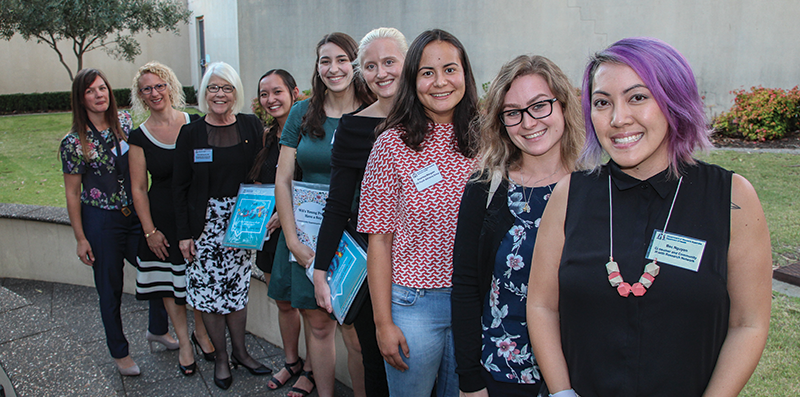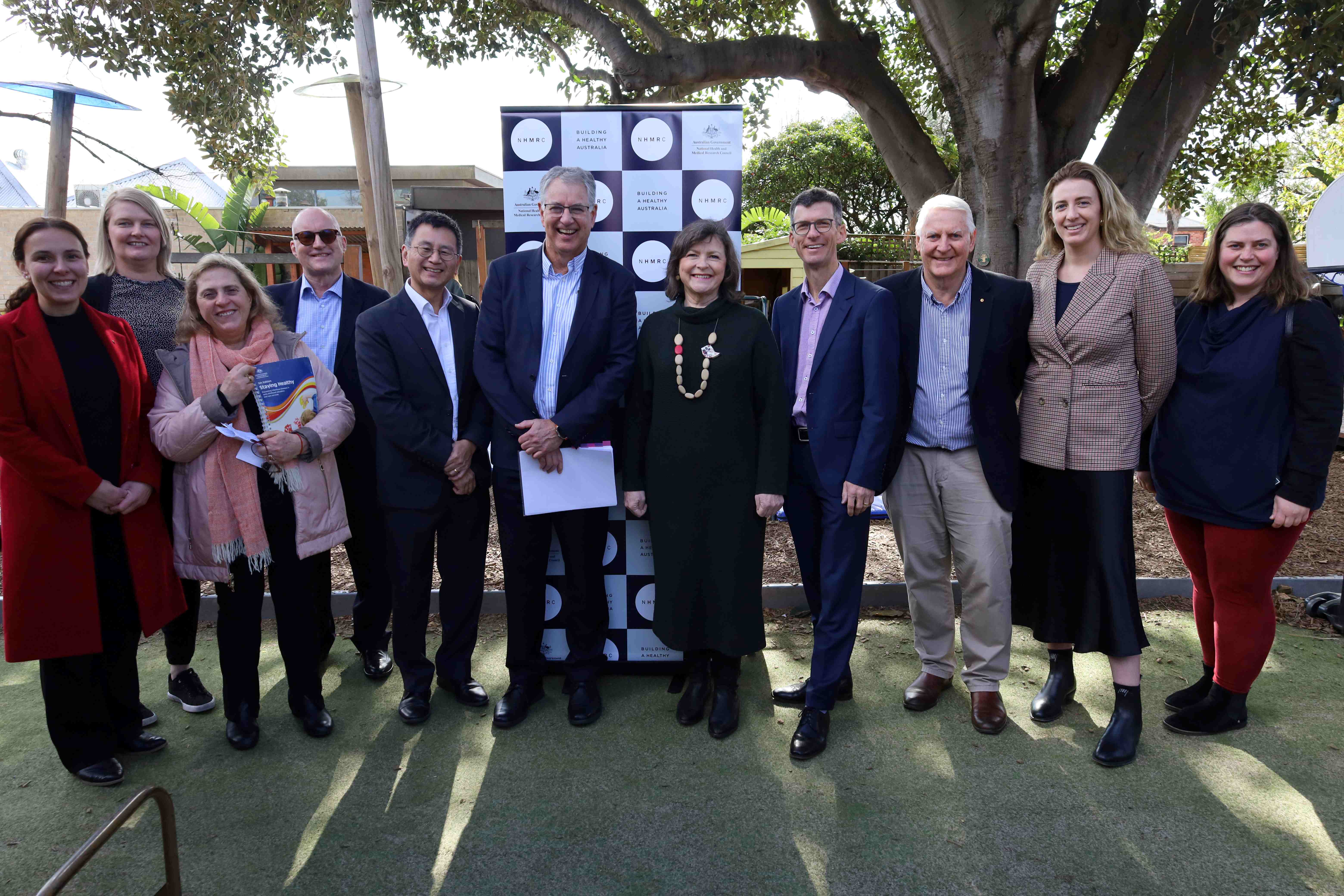Search
To recruit participants for ORIGINS and sub-projects and to follow-up participants during the Project implementation
Be involved in creating and applying state of the art CRISPR genome editing to proof of concept scientific problems and functional genomic studies.
This position will develop and support bioinformatics analysis and run pipelines required for clinical and research use of big data.
The position will be involved in preparation of NGS libraries for next-generation sequencing and developing new technologies
Preparation of NGS libraries for next-generation sequencing projects
Childhood Allergy and Immunology Team - Project Coordinator PrEggNut
In this role you will support the efficient operation of the research laboratories at The Kids Research Institute Australia
This role is dedicated to building robust and effective onboarding strategies.
Studying Biology at single-cell resolution is set to revolutionize our understanding of human health and disease.
The Fraser Mustard Centre Adelaide is looking for a Senior Research Officer responsible for coordinating research on the Early Intervention Research Directorate

News & Events
Setting research goals hand in hand with the communityThe Kids Research Institute Australia has long been recognised for the research it produces. But the way the Institute collaborates with the community – asking what they most want or need to know about and tailoring research to deliver those outcomes – is also leading the way.

News & Events
Youthful voices happy to be heardTwenty-year-old Emma Wignell, a proud member of The Kids Research Institute Australia Youth Advisory Committee, was one of the dozens of young Western Australians involved in the community conversations which helped shape the State’s first Youth Health Policy.

News & Events
Latest infectious disease guidelines aim to keep childcare ‘bug-free’The National Health and Medical Research Council (NHMRC) has launched their sixth edition of Staying healthy: Preventing infectious diseases in early childhood education and care services in a bid to tackle the transmission of germs amongst young kids.
